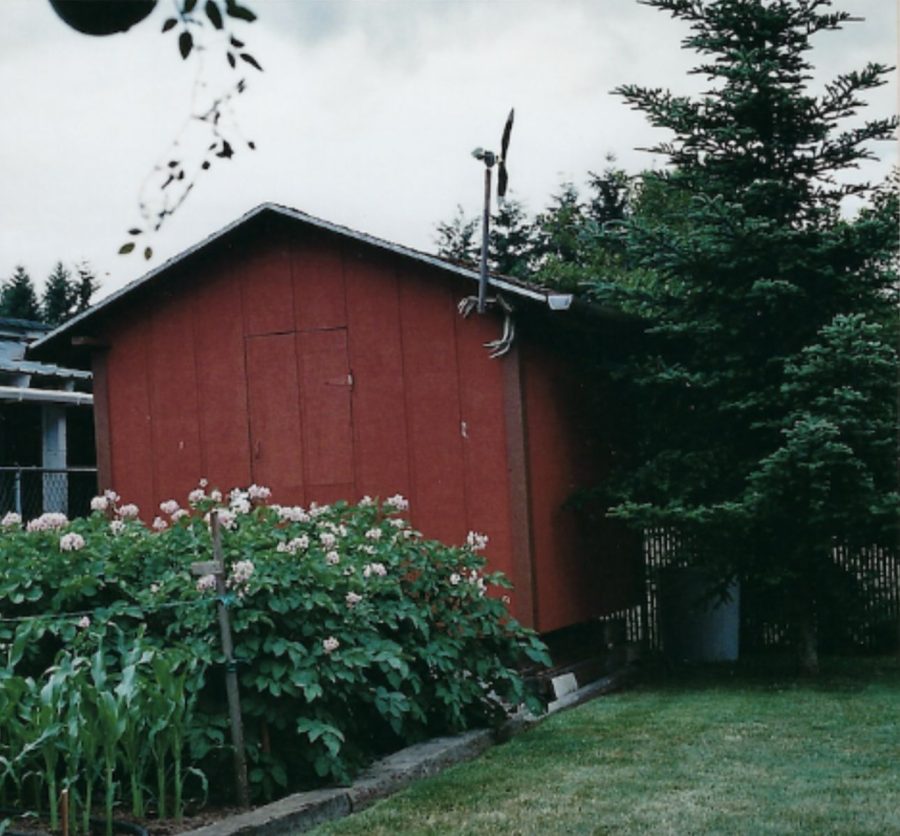Professor Keri Iyall-Smith, an associate professor of sociology, and a part of the department of sociology and criminal justice and education, spoke about intersectional environmentalism at the first fall semester CUES Lecture series on Oct. 18.
She began the lecture by introducing the novel “Intersectional Environmentalist” by Leah Thomas. The novel challenges its reader to “consider [their] identities and how they connect with [the] work of environmentalism,” said Iyall-Smith.
Taking intersectionality that has divided our nation so much and connecting it with environmentalism is a relatively new concept that Iyall-Smith connects to her story and understands as a new way to approach our connection with each other and nature.
Iyall-Smith is an enrolled member of the Cowlitz Indian Tribe, which has roots in western Washington, where she grew up. She was raised in a culture that valued community connection, as well as a strong relationship with nature and land. The Cowlitz tribe rejects capitalism, reclaims community value, encourages diversity and inclusivity as well as true democratic decision making.
She used the environmental event of the eruption of Mount St. Helen as an example of the ever-changing environment.
“I was six when Mt. St. Helen erupted and I remember it…it is important when you think about the lessons of the environment, all of us there’s a real sense of fear, anxiety and stress about the changes we are experiencing in our environment but our environment has been changing since the beginning,” said Iyall-Smith.
Environmentalism is not a new concept, but people are focusing their attention on it now more than ever. However, Indigenous tribes have always had environmentalism ingrained in their tradition, according to Iyall-Smith.
Ancestry is a piece of tradition that is very important to Indigenous tribes, according to Iyall-Smith. The connection between Earth and ancestry is very prevalent within belief systems of Indigenous tribes.
The Cowlitz tribe “rejects colonial approaches to nature and instead embraces Indigenous approaches to creation,” said Iyall-Smith.
This cultural mindset includes the holistic approach that outlines the concept that humans and nature are part of the same natural world. They focus on where humans come from, as the relatives of animals.
“In the class that I teach about law, animals teach people how to behave a lot of times. They teach us laws and norms,” Iyall-Smith said.
While focusing on the roots of humanity, she also mentions the seventh generational principle that originated from the Haudenosaunee tribe in which this tribe thinks seven generations ahead when making any decisions in order to preserve the environment by thinking about how it will ripple and affect the generations after them.














Rod Van Mechelen • Oct 19, 2022 at 9:53 am
Professor Iyall-Smith is entitled to her opinions but she is not entitled to speak for the Tribe. I am a tribal elder, serve on tribal council and I know her dad.
While I may not speak for the Tribe either, that responsibility falls to our tribal chair, Chairwoman Patty Kinswa-Gaiser, anyone can see that we, as a tribe, do not reject free-market capitalism but have been aggressive to begin several thriving businesses.
Regarding “colonial approaches to nature,” as Charles Mann noted in his groundbreaking book, 1491, when the first European colonists arrived on America’s eastern shores, the forests looked much like forests in England because, like the English, the indigenous peoples maintained the forests.
Unlike today, our ancestors did not have raging conflagrations consuming forests. Here in the Pacific Northwest such fires are becoming a common occurrence and even now the region is shrouded by a pall of forest fire smoke because more than 50 years ago the official US approach to forest management was colonized by Cultural Marxists.
They promoted the French Romanticist view of indigenous Americans to stop managing forests, as our ancestors had done since time immemorial, and to let nature run wild. Wild fires are a part of nature, so to satisfy the colonialists we now suffer many wild fires.
When the first explorers and trappers came to the Pacific coast, the communities they observed, which had been devastated for centuries by wave after wave of epidemics carried by animal vectors from east to west and south to north, were almost libertarian in their life ways.
Today, some members of the Cowlitz Indian Tribe, like Prof. Kerry Iyall-Smith, have been colonized by the Frankfurt School, while others of us look to our ancestors’ life ways and embrace a more libertarian live and let live way of life. And still others are spread out across in the spectrum in between.